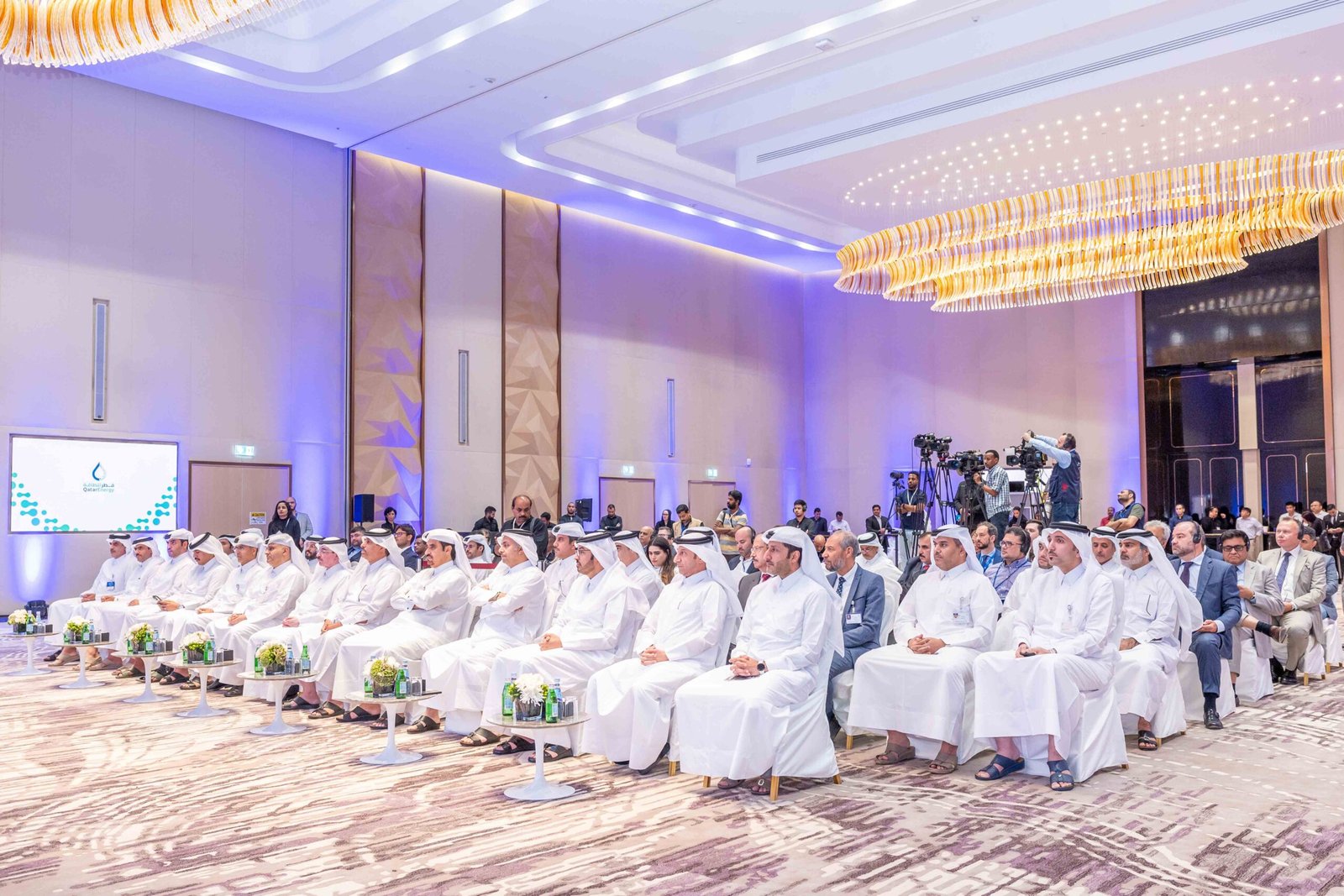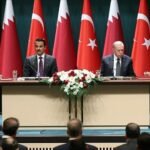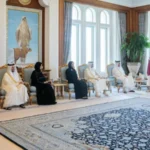Doha, 05 Sept 2024
By Maria Del Rio, MBA
(Cultural Ambassador and Finance Graduate)
The GCC is creating future tolerant leaders: an example to the world on the Importance of Internationalization and Diversity in Education.
In an increasingly globalized world, and in a region where cultural diversity is present on a day to day basis, the significance of internationalization and diversity in education cannot be understated.
These elements are essential in cultivating individuals who are not only academically proficient but also socially aware, culturally sensitive, and globally minded. As the world becomes more interconnected, fostering an educational environment that promotes these values is crucial for building a more tolerant and peaceful global society.
This is particularly evident in the Gulf Cooperation Council (GCC) countries, where the impact of international and diverse educational settings on young minds is shaping a future generation that is better equipped to navigate the complexities of a multicultural world.
The GCC region, encompassing countries such as Qatar, Oman, Kuwait, Saudi Arabia, the United Arab Emirates, and Bahrain, has seen remarkable growth in its education sector over the past few decades.
With the constant presence of expatriates and the establishment of international schools, children in these countries are increasingly exposed to a variety of cultures, languages, and worldviews from a young age. This exposure plays a critical role in developing students who are not only knowledgeable but also empathetic and open-minded.
One of the most compelling examples of the benefits of internationalization in education can be seen in the diverse classrooms of GCC international schools and universities. These institutions often bring together students from dozens of nationalities, creating a melting pot of cultures where children learn side by side with peers from different backgrounds. This environment fosters a sense of global citizenship as students are encouraged to appreciate and respect differences, whether in language, religion, or traditions.
Most of the Children who attend an international school and universities in the GCC end up speaking 2 or more languages in early stages of their lives, giving them the ability to communicate with a wider range of cultures.
In these schools, the curriculum often incorporates global perspectives, allowing students to understand and analyze issues from multiple viewpoints. For instance, subjects such as history and social studies are taught not just from a national perspective but also from an international one. This approach helps students develop a broader understanding of global events and the interconnectedness of nations, fostering a more comprehensive and empathetic worldview.
Moreover, the presence of diverse faculty in these schools further enriches the educational experience. Teachers from different countries bring unique teaching styles, cultural insights, and global perspectives into the classroom, enhancing the learning process. This diversity in teaching staff also provides students with role models from various cultural backgrounds, demonstrating the value of diversity in leadership and professional life.
The impact of such an education on young minds is profound. Students who grow up in these multicultural environments tend to be more tolerant and understanding of differences. They are more likely to engage in constructive dialogue, appreciate diverse viewpoints, and approach conflicts with empathy and a desire for peaceful resolution. These are the qualities that are essential for building a more peaceful world.
In a region like the GCC, where national identities are strong, the integration of international and diverse perspectives into education serves as a bridge between local traditions and global values. It allows students to take pride in their own heritage while also embracing the richness of other cultures. This dual appreciation fosters a sense of unity and shared humanity, which is crucial for creating a more harmonious global society.
In conclusion, internationalization and diversity in education are not just educational terms; they are essential components of preparing students for the challenges and opportunities of the 21st century. By promoting cultural awareness, tolerance, and global citizenship, schools in the GCC and around the world are helping to shape a generation of leaders who are capable of building a more peaceful and inclusive world.
As we look to the future, the importance of these values in education will only continue to grow, making internationalization and diversity indispensable in our quest for global peace.









